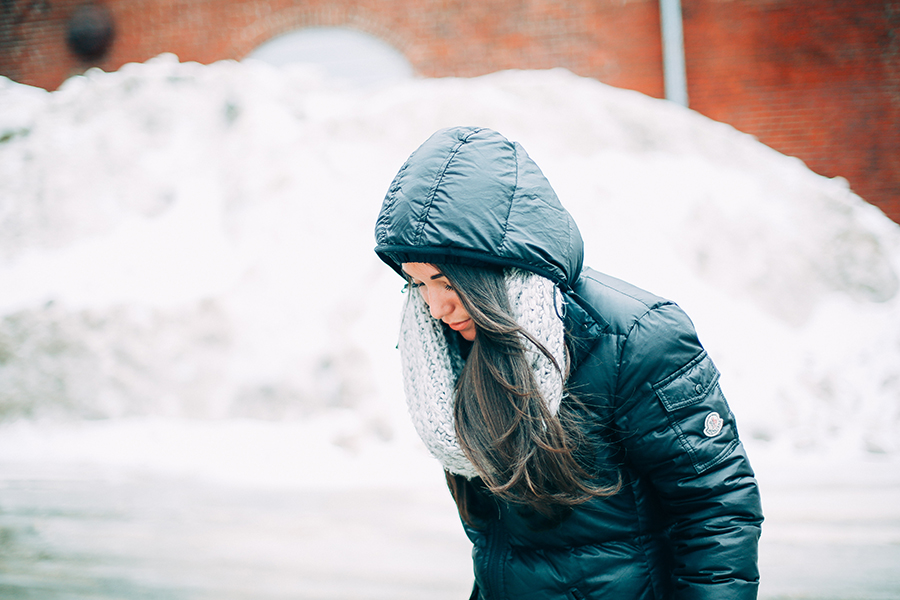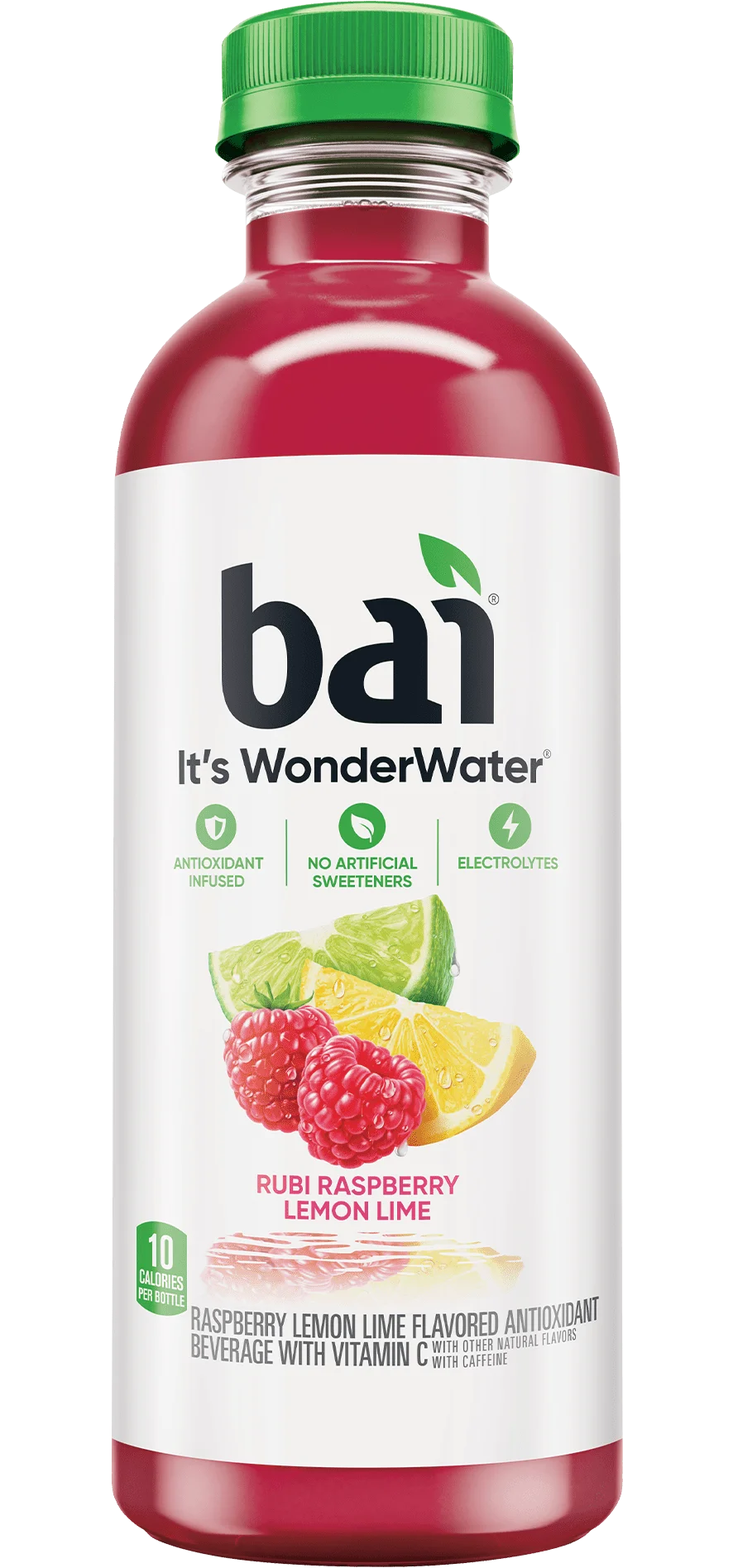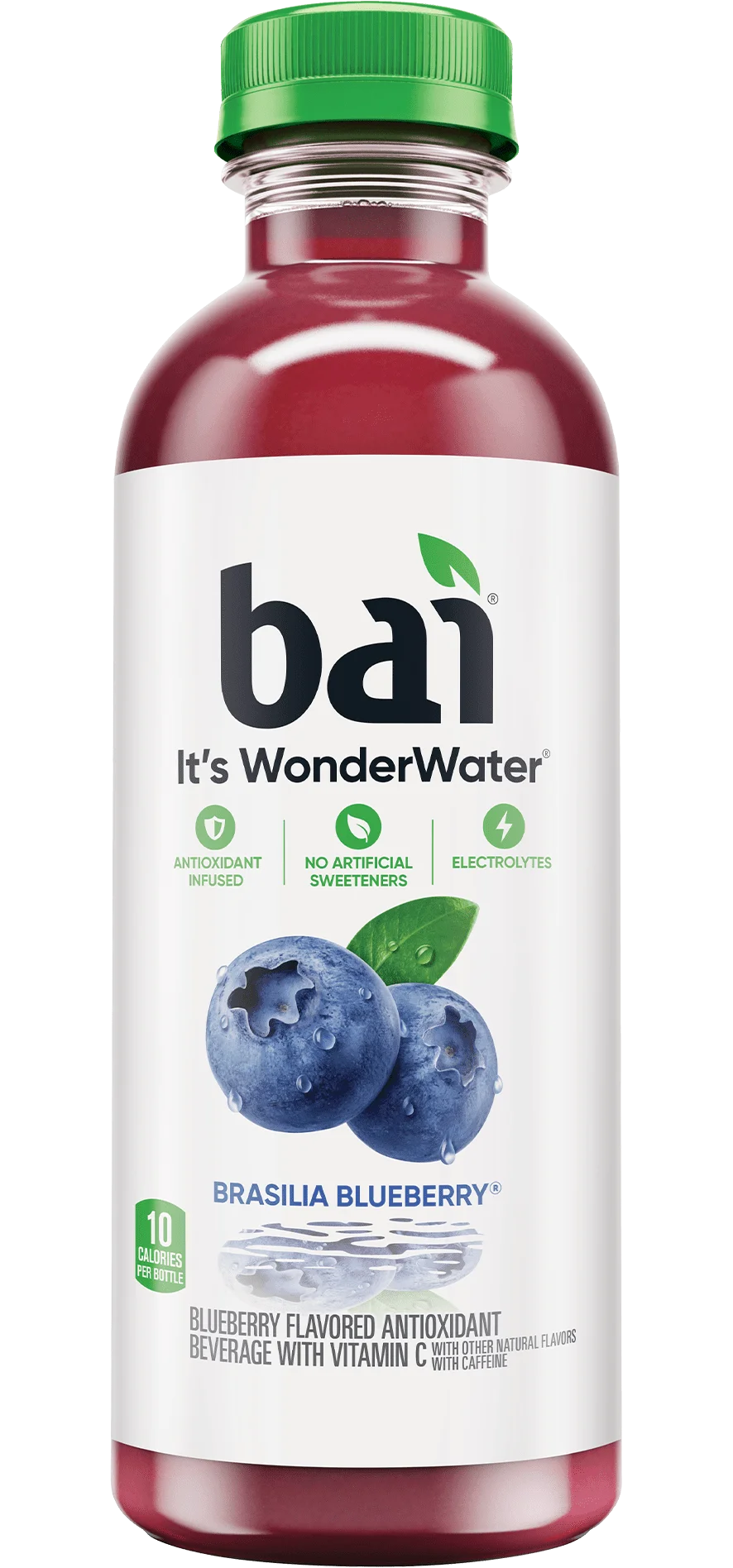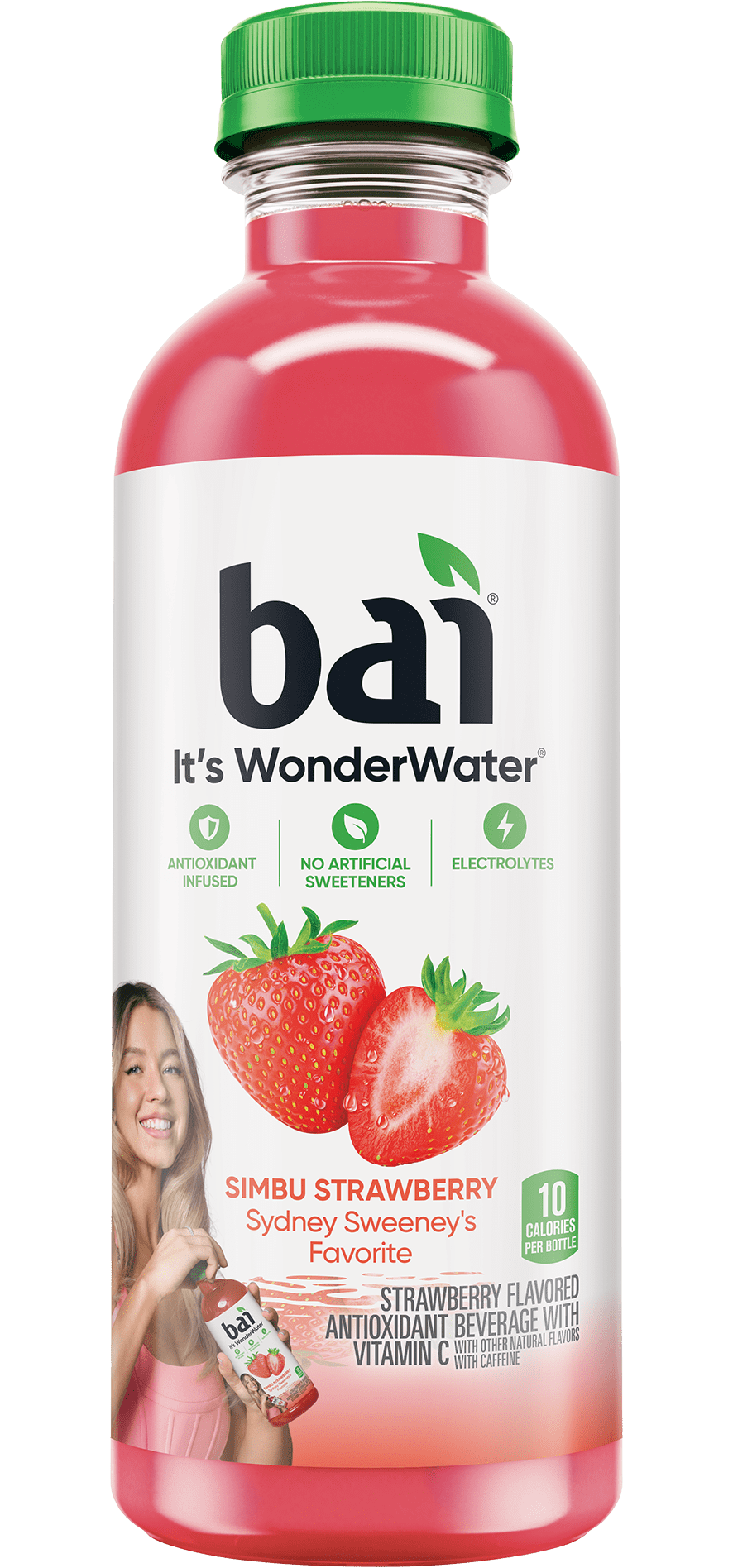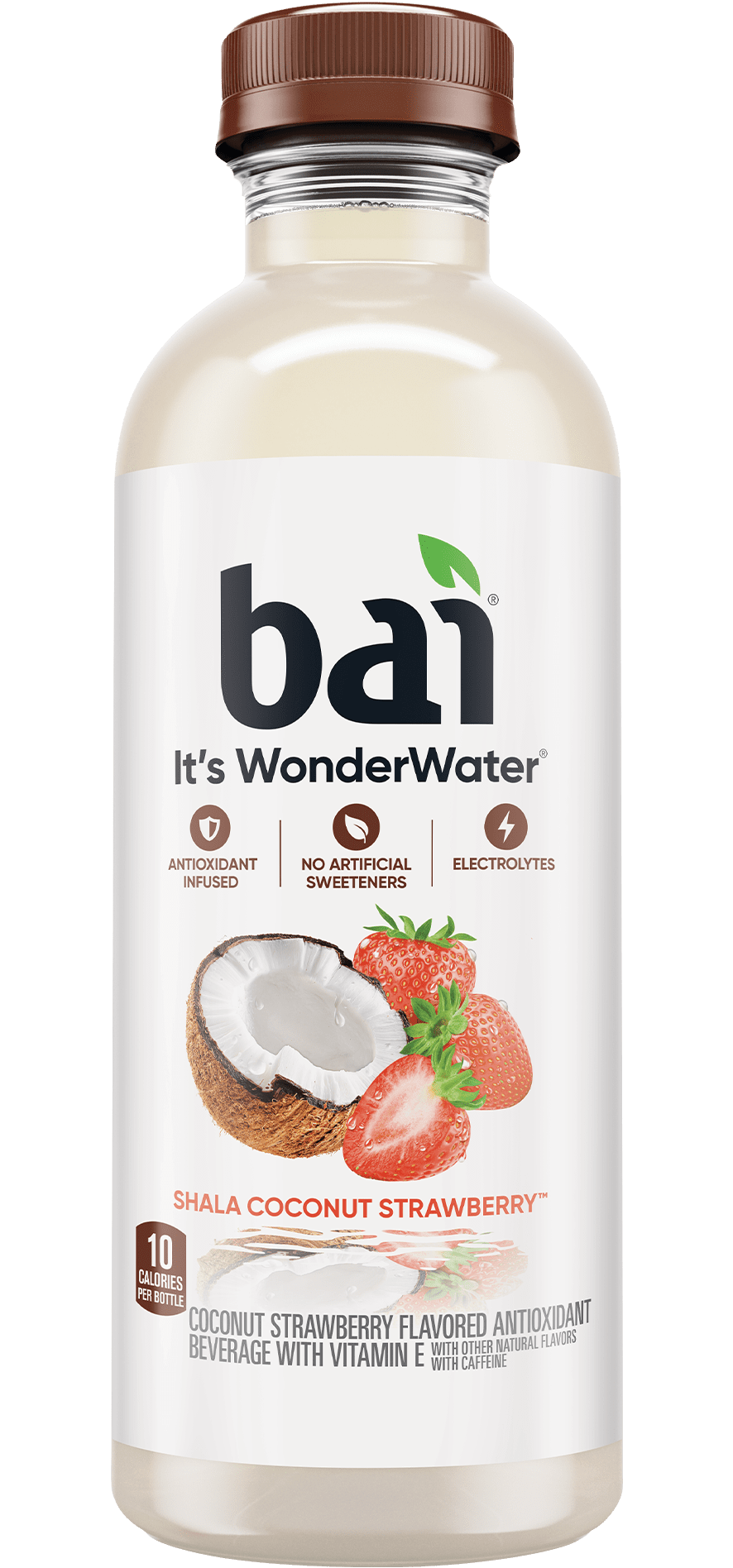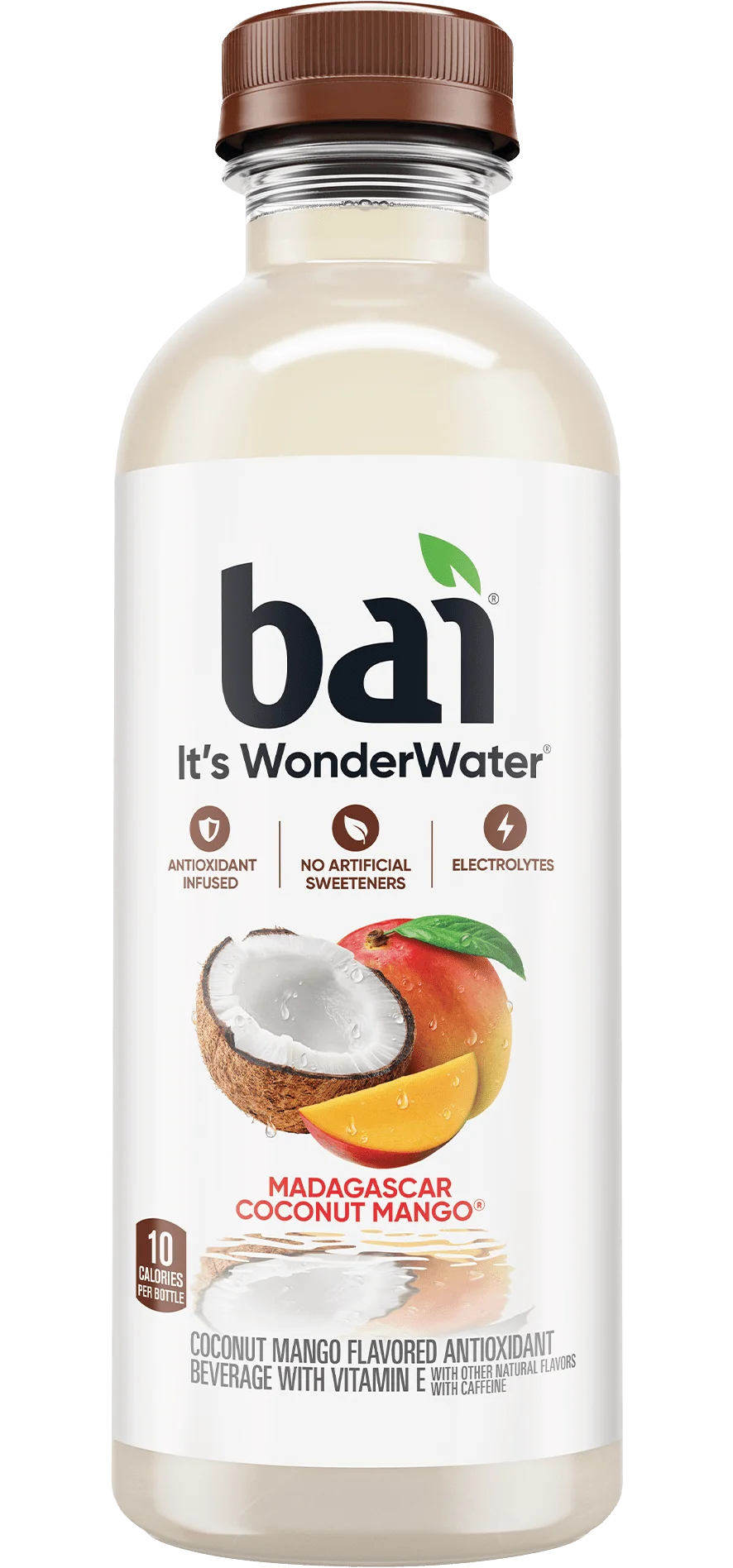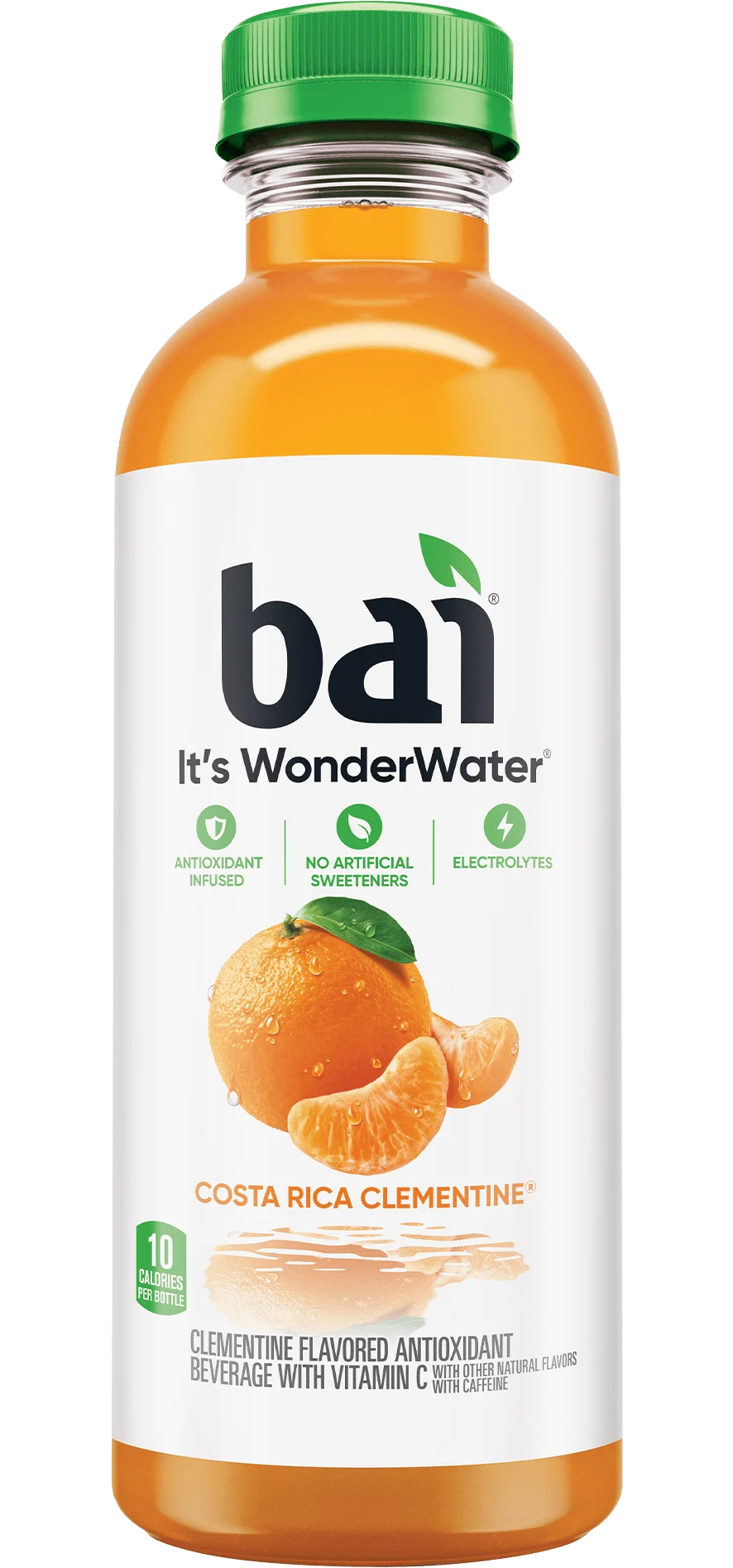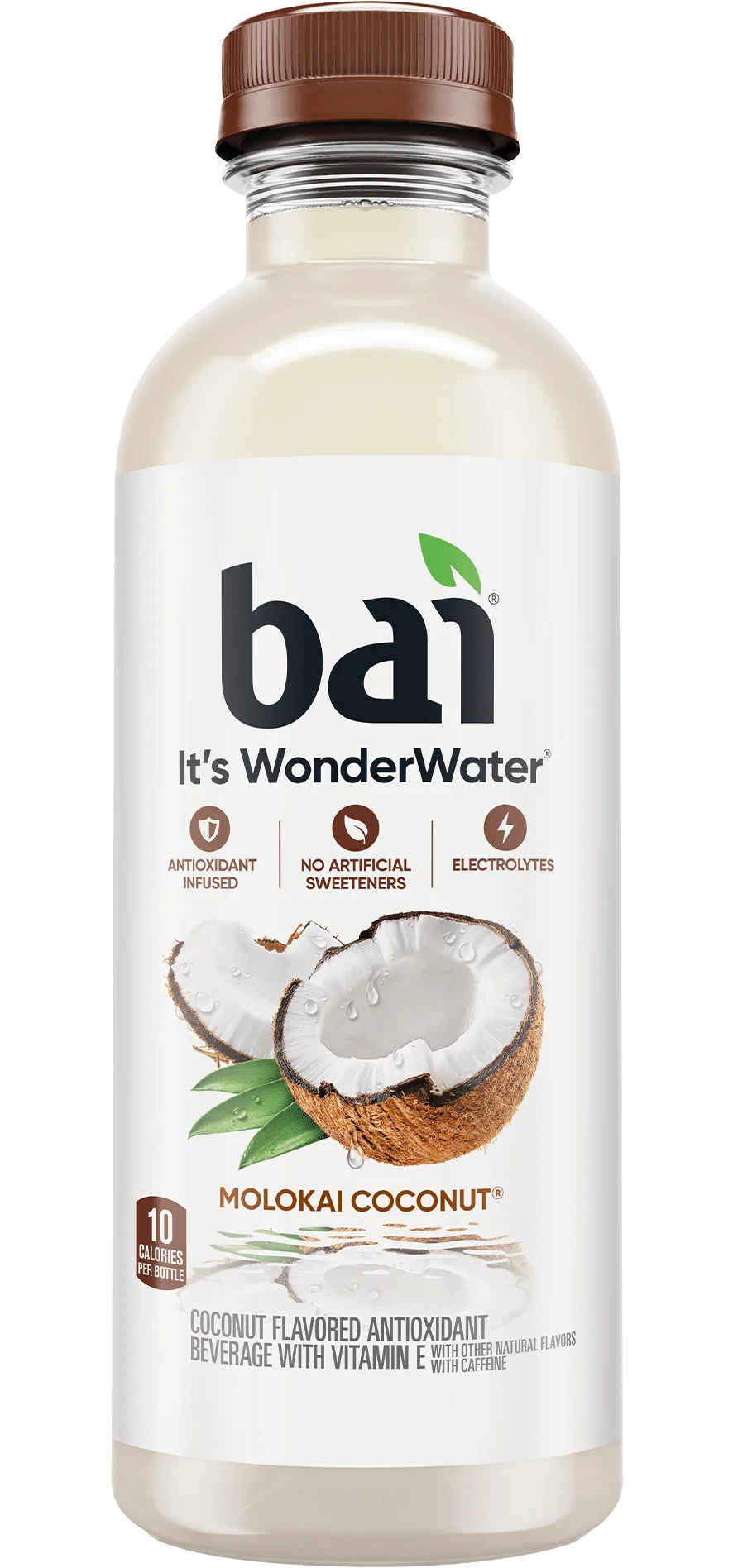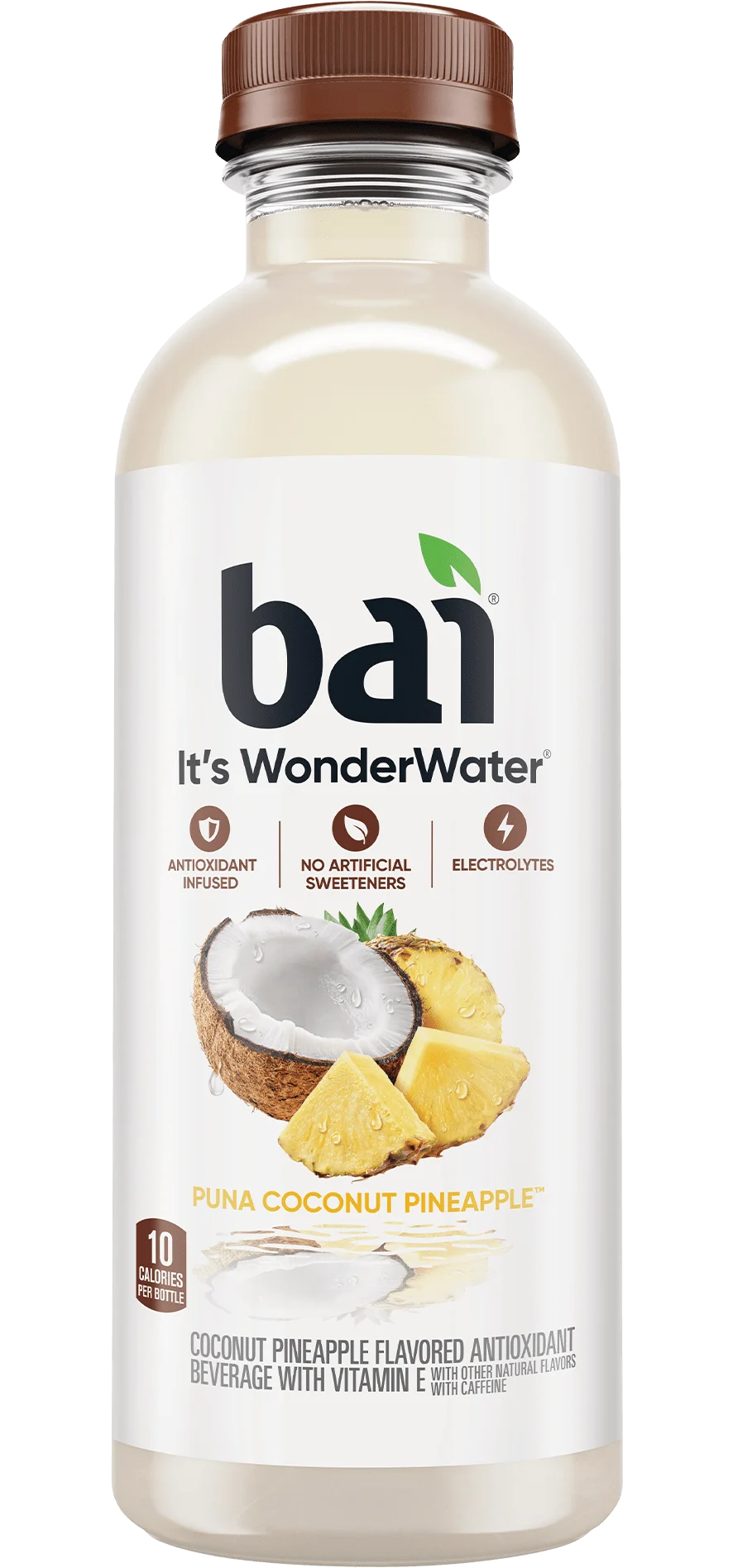Winter is on the way, and with it, comes changes to your body and daily regimen. If you’re wondering why your hair is always full of static, why your fingers/toes are cold or if you can REALLY eat snow, we have all those answers plus more for you.
Why are my fingers and toes always cold?
Yes, we know everything feels a little colder this time of year. But fingers and toes are especially susceptible for 2 big reasons that come together for max chillage: 1) Your fingers and toes are surrounded by cold air on basically all sides and 2) they rely on tiny, thin, veins to warm them up. Bottom line, this time of year is pretty tough on the piggies. Wear socks made of wool, shearling or a similar-feeling synthetic for snuggly insulation, and be a glove-wearer.
What can I add to my daily regimen to boost my immune system?
When someone says ‘immune system’ we think vitamin C. You too? It’s no myth that making sure your body has enough of it is good cold and flu prevention. Get a sprinkle of it here and there by using citrus in your recipes. Drinking lots of water is also a must-do. Add a dash of cinnamon to whatever could use it for anti-fungal properties, and make a point of getting your probiotics to protect your gut. For a quadruple-whammy, start your mornings with 12oz warm water, juice of 1/2 lemon, 1 tsp cinnamon and 1/2 to 1 tbsp raw apple cider vinegar.
Dandruff, static – why is my hair going haywire?
What most (if not all) of our winter beauty woes boil down to is dry air. Cold temperatures keep water vapor (aka humidity) from hangin’ out in the air, and that water vapor is usually the buffer that keeps static from happening, skin from drying out, etc. So the answer is savoring as much moisture as we can. Do your best to shampoo your hair less than you do in warmer weather to keep from washing natural oils away, and use a hydrating hair/skin mask weekly. Get a humidifier if you can, or hack it.
Just how safe is it to eat snow? Asking for a friend…
If your friend promises to only eat fresh, untouched snow far away from plowed areas and pets, then the answer is probably yes. You might have heard that snow can contain chemicals from the air, but scientists have determined that these exist in levels well below what’s dangerous. If you want to be safe, don’t start collecting your snow meal until some has already fallen, as the first flakes typically bring down chemicals floating around in the air with them. Also save your snow cones for days without wind, as it can kick up dirt or manure.
Is sun protection still important?
100% yes! Cold weather does not equal harmless sun. In fact, if you live in a snowy area, the sun can be as strong as it is on a beach by reflecting on the white surfaces. If you keep forgetting to add a layer of sunscreen before heading out, swap your typical moisturizing products with ones that already contain SPF. And sunglasses aren’t just a summer accessory! Be sure to protect your eyes from snow’s bright reflection. Oversized frames, chunky scarf, slouchy beanie- and boom! you’ve just one-upped Mary-Kate.

